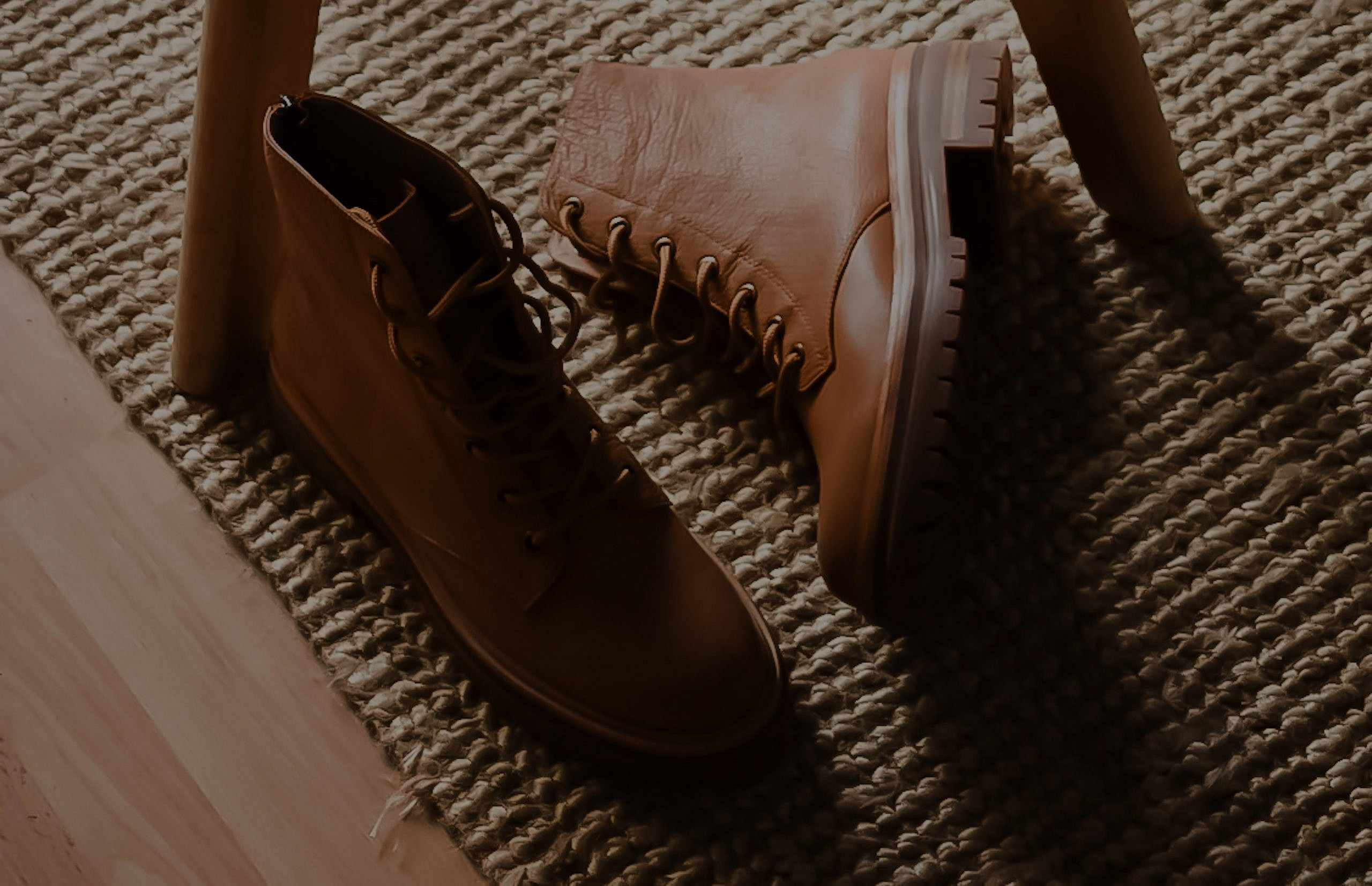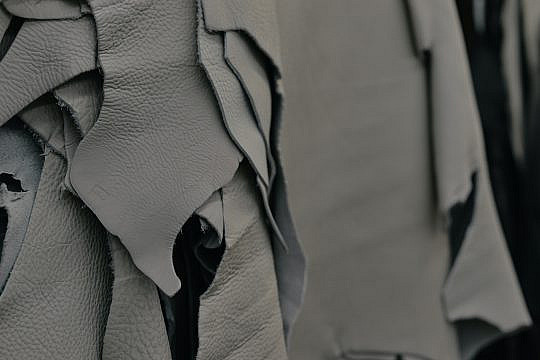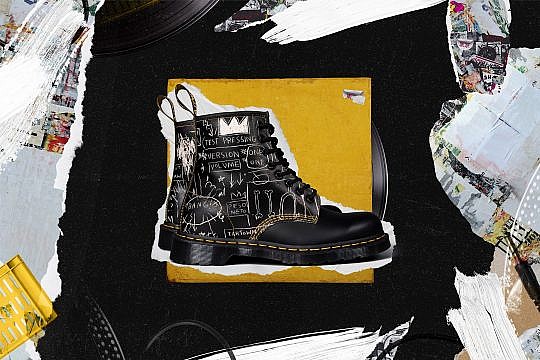Good for workers, good for the planet and good for your feet. There are many ways to calculate value—this brand factors in the planet and employees as much as the consumer.
Based in Nashville USA, Nisolo discloses the providence of its products a little more rigorously than almost all its rivals. Last year it launched sustainability facts labels for everything it sells. Each carries percentage scores and grades for whole range of factors. The company likens them to the nutritional information labels food products must display.
One of the figures is the percentage of workers who are paid a living wage. For more than ten years Nisolo has worked to ensure its factories in Kenya, Mexico, Peru and the United States pay every single one of their workers a living wage. This may seem like a very basic requirement, but when you consider that of the 100 million people working in clothing manufacturing worldwide, only 5% of them receive enough to cover their basic needs, Nisolo’s figure of 100% is admirable.
Nisolo’s CEO, Patrick Woodyard, said: “From a people perspective, less than 5% of global workers that make our clothing earn a living wage. The reality is that most consumers have almost no recognition, no knowledge of what happens to their product before it arrives at their doors.”
Other scores include Health and Safety, Workers Rights and Governance, Gender Equality and Empowerment and Healthcare and Benefits. And if that’s not enough information, the labels also carry a QR code that links to a list of around 200 pieces of data on human rights and the environment.
In the ‘planet’ section, the labels cover Carbon Footprint, Percentage of Emissions Offset, Raw Materials Integrity and Durability, Processing and Manufacturing, Packaging and Distribution and Post-use Product Lifecycle.
Sharing a Winning Philosophy
Nisolo is also working to get other companies on board by making its rating and labelling systems available to anyone.
Sick of the stop/start process of sustainability labelling legislation that seems to be afflicting governments worldwide, Woodyard wants to take the lead: “We’ve spent the last three-and-a-half to four years developing this label, specifically to offer the industry something to build upon that better raises awareness for consumers.
“Very few people recognise that the fashion industry is one of the most polluting industries in the world and that it commits more carbon emissions than international shipping and aviation combined.”
Nisolo is enlisting help to help get other brands on board by asking consumers to share their labels on social media while inviting other producers to adopt them. And if they did, the world would surely be a better place.
As the Nisolo website proclaims: 100% living wage, 0% net carbon. The shoes aren’t bad either.
Discover their products and website here.








